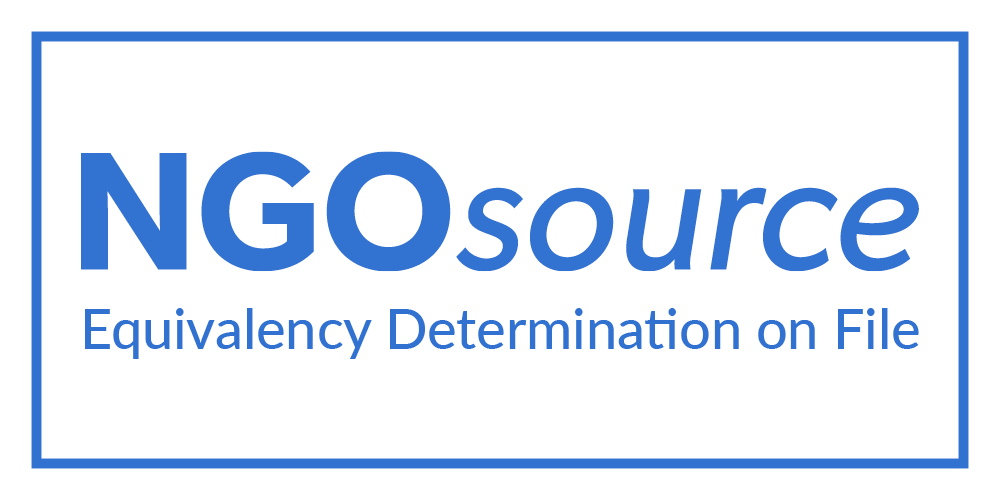Antimicrobial resistance (AMR)

Antimicrobial resistance (AMR) is a major public health threat in Ghana.
It is estimated that over 70% of bacterial isolates from hospitals in Ghana are resistant to commonly used antibiotics.
The continued use of antibiotics in both humans and animals, in many cases inappropriately, contributes to the high resistance levels. The AMR phenomenon could have far-reaching social, health and economic consequences on several sectors including human health, agriculture, aquaculture, as well as the environment.
The Government of Ghana Response
The plan is aimed at reducing the burden of AMR in Ghana through a number of strategies, including:
- Promoting the rational use of antibiotics
- Improving infection prevention and control practices in healthcare settings
- Strengthening surveillance of AMR
- Investing in research and development of new antibiotics and other AMR interventions

Key Achievements
Country Grant 1a
Refurbished 11 reference and sentinel laboratories.
Provided and installed essential equipment.
Trained laboratory staff on use and daily routines of equipment installed.
Supplied initial reagents and consumables.
Pregnant women in SSA contribute 50% of people not receiving ARTs.
Gender disparities: Men 78% vs Women 80%.
AMR Transition Grant
The Fleming Fund Response
In response to the AMR global threat, the Fleming Fund (FF) has supported Ghana since 2018 in the form of three country grants (CG1, CG1a and Transition grant), 12 Fellowships, and central and local procurement of equipment, reagents, and consumables.
The aim of the Fleming Fund’s Programme of country, regional and fellowship grants, managed by Mott MacDonald, is to improve the ability of Fleming Fund countries to diagnose drug resistant bacteria, and generate data and strengthen surveillance to inform policy and practice at national and international levels.

The role of Aurum Institute Ghana in
AMR Response

Under the Country Grant 1a (CG1a) in 2021, AIG was responsible for building infrastructure for AMR surveillance.
AIG is currently implementing the FF AMR-Transition Grant which focuses on strengthening governance structures, improving laboratory capacity to conduct AMR surveillance, building relationships with key stakeholders, and maintaining the momentum gained under CG1 and CG1a.







